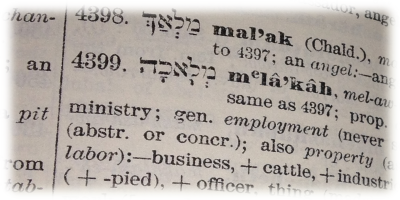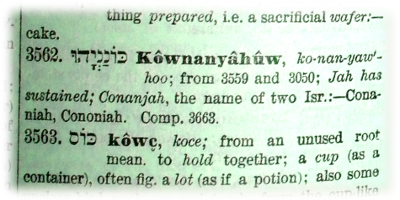When visiting other countries it is always appreciated if you attempt to communicate in the native language of the people you are visiting, even if they speak perfect English, and they will respect you for your attempt. Because of this, I thought that it might be useful to cover some very basic Hebrew vocabulary words and phrases that one would need when speaking to a native born Israeli.
Hebrew is a number and gender specific language, so how you say "how are you?" will depend on if you are speaking to a man or a woman or to one person or a group. If you are speaking to a man, you would say מה שלמך (mah sh'lom'kha). The word מה (mah) means "what," and the word שלמך (sh'lom'kha) is the word שלום (shalom) meaning "peace" (or more literally, wholeness and completeness), with the suffix ך (kha) meaning "you" (masculine singular). Literally, the phrase mah sh'lom'kha means "what is your completeness?"
If you are speaking to a woman, then this would be מה שלמך (mah sh'lom'ekh), which includes the suffix ך (ekh) meaning "you" (feminine singular). If you are speaking to a group of men, then it would be מה שלמכם (mah sh'lom'khem), which includes the suffix כם (khem) meaning "you" (masculine plural). If you are speaking to a group of women, then it would be מה שלמכן (mah sh'lom'khen), which includes the suffix כן (khen) meaning "you" (feminine plural). If you are speaking to a group of men and women, then you would use מה שלמכם (mah sh'lom'khem), the masculine plural form, as the masculine plural is always used for mixed genders.
And they cast lots for them, and the lot fell on Matthias; and he was enrolled with the eleven apostles. (RSV, Acts 1:26)

Like what you’re discovering? Continue the journey from Bible reader to translator.
|





